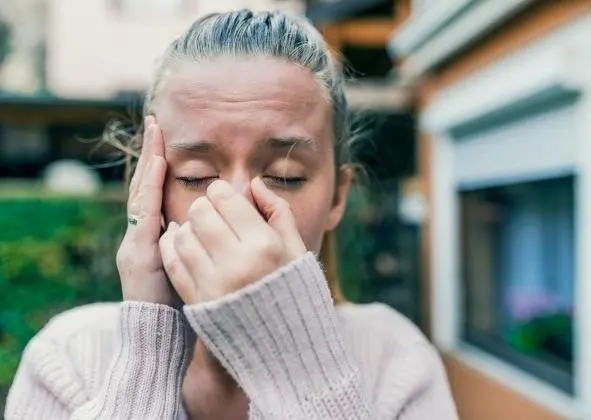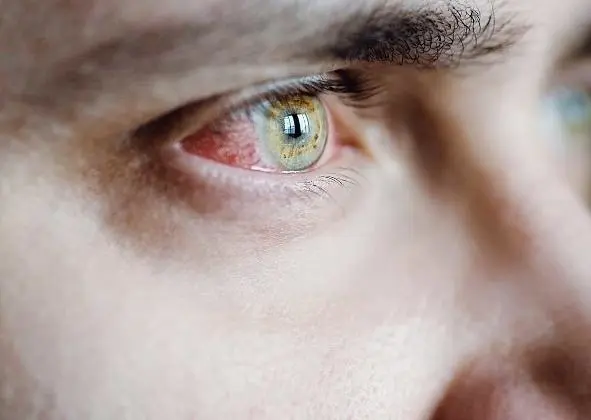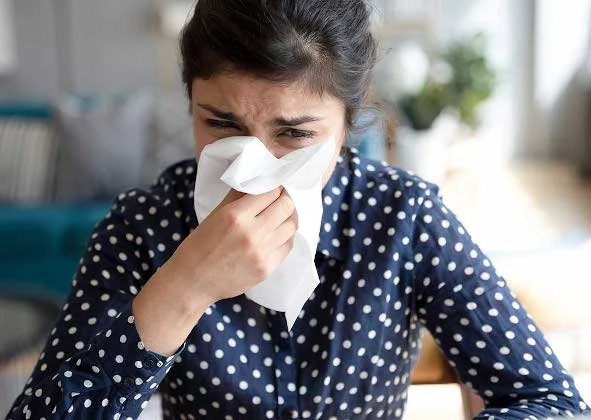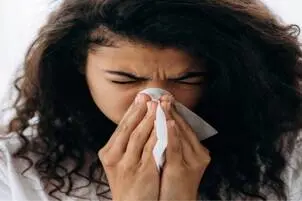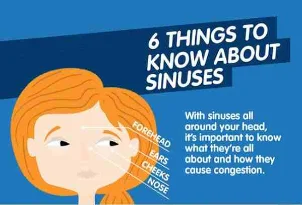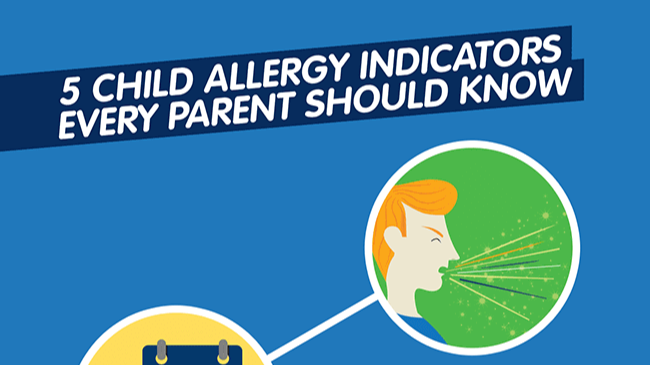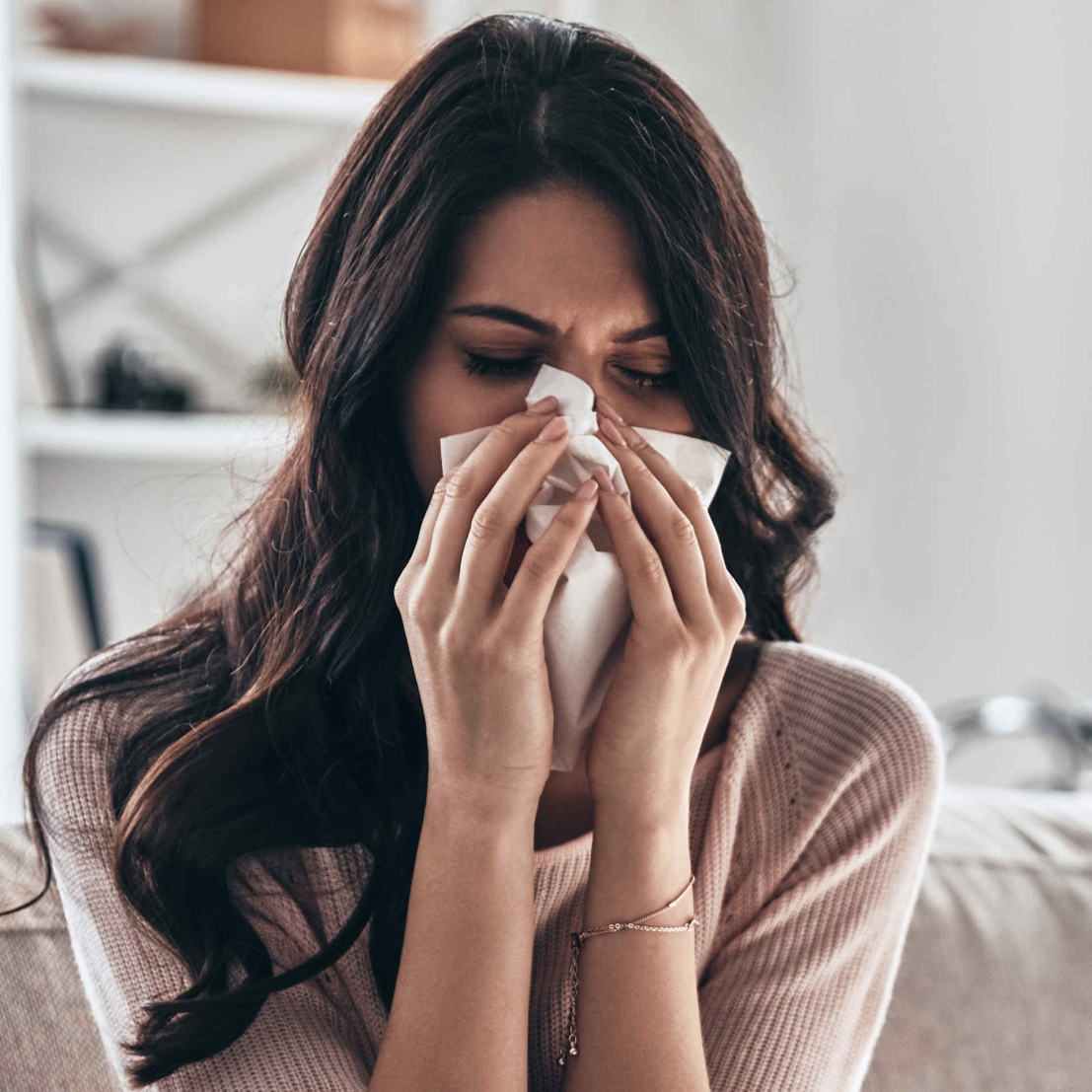What Are Seasonal Allergies?
Your kids’ allergies are seasonal if they have symptoms just at certain times of the year. Seasonal allergies, also known as allergic rhinitis, or hay fever, occur when the immune system flags something harmless, like pollen, triggering an immune response. 1,2 If your child is allergic to pollen, for example, they will develop symptoms on days when the pollen counts are high. Allergies may impact their quality of life. They can keep them in the house on days they want to play outdoors.2
In Canada, one in five people suffers from allergic rhinitis.2 If your child is one of them, you'll likely start seeing symptoms around April, and they may last all summer and even into fall.2
The exact length will depend on the allergen or substance causing the allergy. For example:
Tree pollen-related allergies peak in the spring, usually from late April to May.2
Grass and weed pollen peaks in summer around late May to mid-July, as well as in fall around mid-August to October.2
Ragweed pollen, which is the most common allergen, peaks in the fall and dies off with the first frost.3
Mold is a type of fungus that produces spores that float in the air and thrives in humid environments. It may cause allergy symptoms year-round.4
What Are the Signs and Symptoms of Seasonal Allergies in Kids?
It is not always easy to tell if your child is having seasonal allergies or a cold. Allergies typically occur suddenly and may last as long as the child is exposed to the allergen. One thing to consider is the symptoms. Allergies usually present with: 1,5
Itchy eyes
Watery eyes
Sneezing
Runny nose
Stuffy nose
Allergic skin itch
You can learn more about allergy symptoms in kids by reading 5 Child Allergy Indicators Every Parent Should Know. Contacting your pediatrician to get an exact diagnosis is always a good idea.
How to Help Kids Who Suffer from Seasonal Allergies
As a parent, you probably wonder how to help a child with seasonal allergies. Start with making your home as allergen-proof as possible. You should:6
Keep the windows closed. This is especially true on days when the pollen counts are high.
Use hypoallergenic bedding in your child's room. This bedding is made of materials resistant to allergens like pollen and dust mites.
Vacuum the house, especially your child's bedroom, often using a vacuum cleaner that has a HEPA filter. This will keep the area free of pollen and dust that they bring in from outside.
You also want to teach your child how to help protect themselves as they may have allergies throughout their lives. This would include:6
Good hand washing practices. This will keep their hands free from dust and pollen, so they don't trigger a reaction if they rub their eyes or nose.
Change their clothes when they come in from playing. Those clothes should go directly into the wash and not be put in the hamper in the bedroom or bath.
Monitor pollen counts. They usually report them on the local news or radio stations. That way, they know the days to stay inside. Also, stay indoors in the early morning. That is when pollen counts tend to go up.
In addition, parents should talk to teachers, school nurses, and administrators about their child's allergies.
When your kids' seasonal allergies get bad, over-the-counter allergy medication for kids can help control the symptoms. For example, for kids 2 and up REACTINE® Children's Liquid provides long-lasting relief for 24 hours. Also, for kids 6 and up you can try REACTINE® FAST MELT® Junior Tablets, which dissolve in the mouth without water, eliminating the need to swallow a pill. These oral-dissolving tablets start to work on allergy symptoms quickly and provide long-lasting relief for up to 24 hours.
Frequently Asked Questions
Here are some of the common questions we get from parents.
Q: Can a kid have a fever with allergies?
No, allergies do not produce a fever. If your child experience both a fever and a runny or stuffy nose, they may have a sinus infection, which is typically caused by bacteria or viruses, not allergies.7
Q: Are allergies contagious in kids?
Allergies are not contagious like a cold or the flu, which are caused by viruses. Allergies are an immune system response to an allergen.8
Q: How long do kids' allergy symptoms last?
Allergy symptoms will last as long as the allergen is present. For seasonal allergies, that probably means all spring and summer.1 Treatment can help reduce the symptoms, though.
Seasonal allergies can mean a disappointing summer for both kids and parents. REACTINE® can provide allergy symptom relief for kids but should not be used for longer than 14 days unless advised by a doctor. You should always talk to your pediatrician before giving your child over-the-counter medication.


